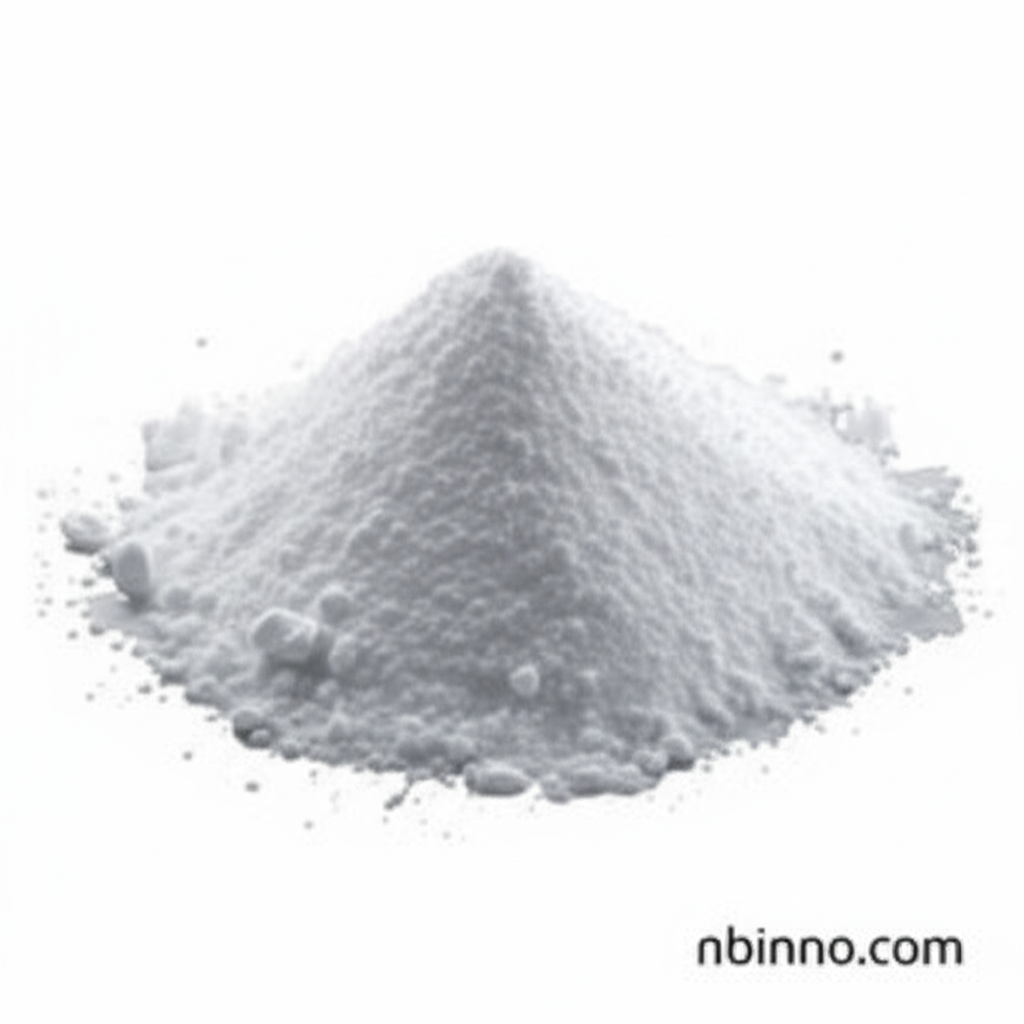Stearic Acid: Enhancing Plastic Performance, Lubrication, and Stability
Discover the indispensable roles of stearic acid in elevating plastic properties and manufacturing processes.
Get a Quote & SampleProduct Core Value

Stearic Acid
Stearic acid is a foundational fatty acid that significantly enhances the performance and processing of plastics and polymers. Its versatile properties make it an essential additive across numerous industrial and consumer applications, offering improved functionality and manufacturing efficiency.
- Discover the benefits of stearic acid for PVC in enhancing its thermal stability and processing.
- Leverage stearic acid as a lubricant in manufacturing to reduce friction and improve production speed.
- Utilize stearic acid as a mold release agent to ensure easy demolding of plastic and polymer products.
- Explore the key benefits of stearic acid in plastics, focusing on its role in improving material properties like flexibility and durability.
Key Advantages
Superior Lubrication
As a crucial lubricant in manufacturing, stearic acid minimizes friction between materials, leading to smoother production runs and reduced equipment wear. This contributes to enhanced processing efficiency for plastic products.
Enhanced Plastic Flow
Stearic acid improves the flow characteristics of plastics during molding, ensuring a more even distribution and better filling of molds, which is vital for achieving precise product dimensions.
Improved Thermal Stability
For plastics that are sensitive to heat, stearic acid provides essential thermal stability during manufacturing, protecting the material from degradation at high temperatures and ensuring product quality.
Key Applications
Plastic Industry
Essential for improving mold release, acting as a lubricant, and enhancing the thermal stability of polymers like PVC, polyethylene, and polypropylene.
Cosmetics & Personal Care
Used as an emollient, thickener, and emulsifier in creams, lotions, and soaps, providing a smooth texture and moisturizing properties.
Rubber Manufacturing
Plays a vital role as an accelerator activator in rubber vulcanization, improving durability and elasticity.
Food Industry
Functions as a food additive (E570), commonly found in baked goods, dairy products, and candies as an emulsifier or stabilizer.
